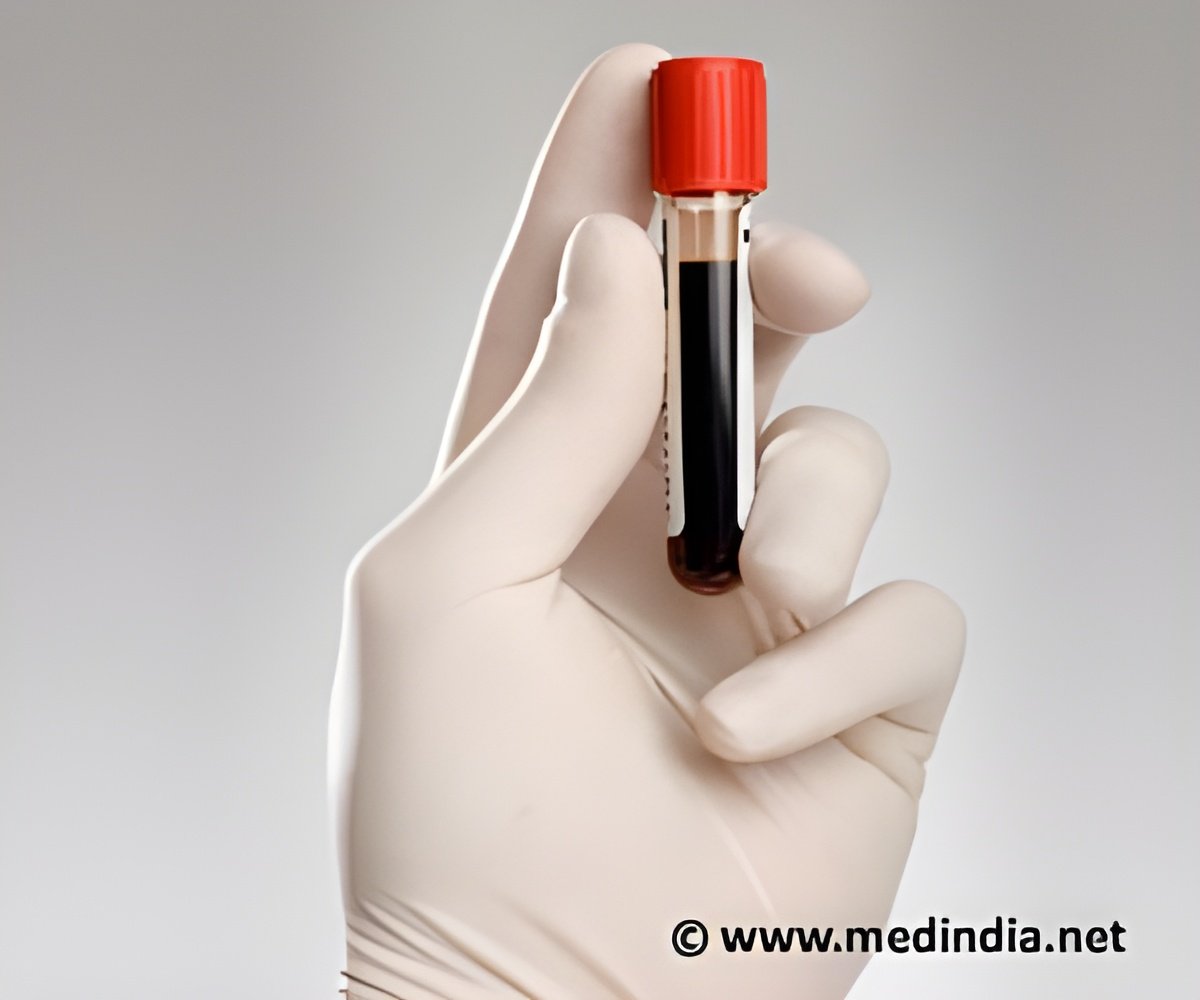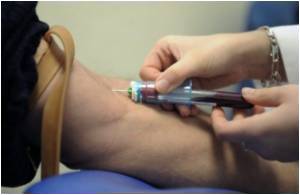A new test that can identify individuals who are predisposed to forming calcium deposits in their blood has been developed by Swiss scientists.

The consequences of calcification involve a variety of hemodynamic factors but the single most common risk factor is hyperphosphatemia (phosphorus retention), which can be fatal.
One of the best ways to counter this problem is to monitor for vascular calcification on a regular basis. Presently there are no tools available to measure an individual’s calcification risk.
Andreas Pasch and his colleagues of the University Hospital and University of Bern, Switzerland, have developed a new assay with the help of which they found that the blood of mice that is deficient in a type of protein, and the blood of CKD patients who are undergoing dialysis have a reduced potential to prevent the process of calcification in comparison to the blood of healthy volunteers.
The scientists believe that the new test may identify patients at risk for calcification. It can function as a significant tool for identifying and testing calcification inhibitors and eventually be able to pave way for better treatment in patients who harbor these inhibitors.
The scientists involved in the study include Andreas Pasch, Stefan Farese, Steffen Graber, Johanna Wald, Walter Richtering, Jurgen Floege and Willi Jahnen-Dechent. The study has been reported in the Journal of the American Society of Nephrology.















